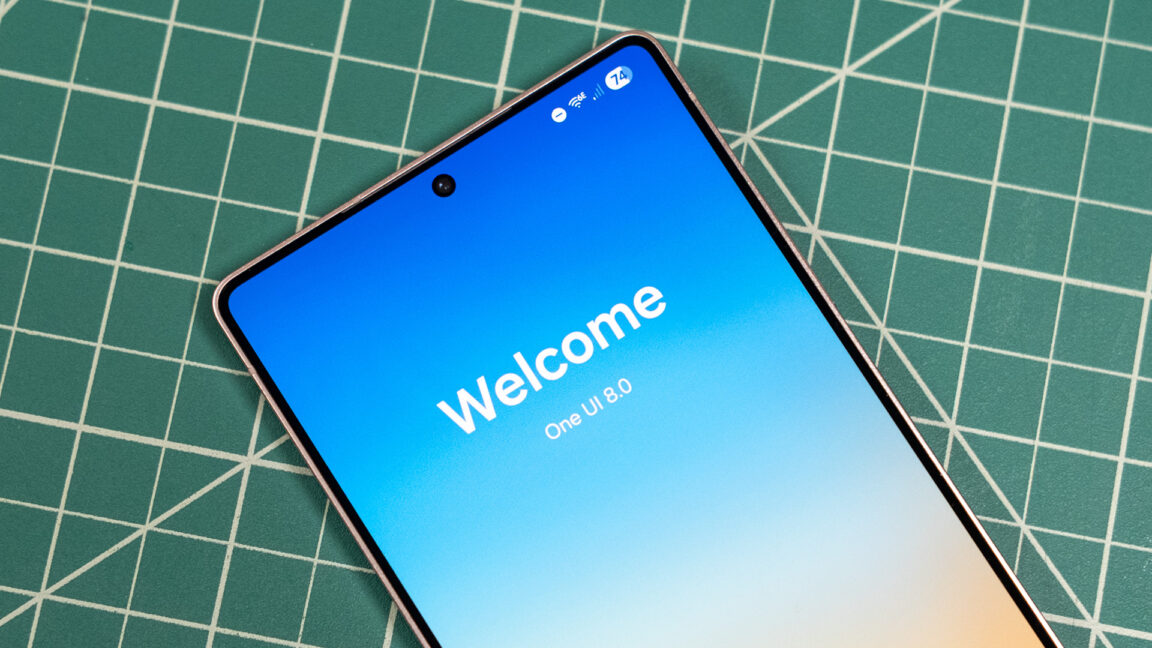Apple is currently the third-most valuable company in the world with a market capitalization of $2.9 trillion. I think Amazon (AMZN 2.38%) and Alphabet (GOOGL 2.59%) (GOOG 2.54%) can top that figure before the end of 2026. Here's what that would mean for shareholders:
- Amazon stock currently trades at $201 per share and the company is worth $2.13 trillion as of May 26. The stock price must increase 41% to $283 for Amazon to achieve a $3 trillion market value.
- Alphabet stock currently trades at $168 per share and the company is worth $2.04 trillion as of May 26. The stock price must increase 47% to $247 per share for Alphabet to achieve a $3 trillion market value.
Here's what investors should know about Amazon and Alphabet.

Image source: Getty Images.
1. Amazon
Amazon reported solid first-quarter financial results. Revenue increased 9% to $155 billion and GAAP earnings jumped 62% to $1.59 per diluted share. But management gave cautious guidance. Second-quarter operating income is expected to land between $13 billion and $17.5 billion, which implies growth between negative 11% to positive 19%. Management cited uncertainty about tariffs as the reason for the broad range of possible outcomes.
Looking ahead, e-commerce sales are expected to increase at 11% annually, digital ad spending is projected to grow at 15% annually, and cloud computing sales are forecast to increase at 20% annually, according to Grand View Research. Amazon enjoys a strong presence in all three markets, which puts the company on a glidepath to double-digit revenue growth through the end of the decade.
Amazon is also leaning on artificial intelligence (AI) to drive efficiency gains across its retail business. CEO Andy Jassy recently told analysts the company is developing about 1,000 generative AI applications to assist sellers, provide customer service, manage inventory, plan delivery routes, and power fulfillment center robots. Those innovations should make Amazon more profitable.
I think that sets Amazon on course for a $3 trillion market value in late 2026. Its current price-to-earnings (P/E) ratio of 32.7 is reasonable for a company whose earnings increased 62% in the recent quarter. And even if Amazon's earnings growth slows to 26% annually in the next six quarters, its market value can reach $3 trillion with no change in the P/E ratio. I think that is plausible, so long as tariffs don't pose a material headwind.
2. Alphabet
Alphabet reported solid financial results in the first quarter, beating estimates on the top and bottom lines. Revenue increased 12% to $90 billion on particularly strong sales growth in cloud services. Operating margin expanded 2 percentage points and GAAP earnings rose 49% to $2.81 per dilute share. CEO Sundar Pichai said AI overviews are driving more usage of Google Search, and he mentioned positive feedback from developers and consumers on the latest Gemini model.
As mentioned in the previous section, digital ad spending is projected to increase at 15% annually and cloud computing sales are forecast to increase at 20% annually, according to Grand View Research. Like Amazon, Alphabet enjoys a strong position in those markets, which puts the company on a glidepath to double-digit sales growth through the end of the decade.
Importantly, Alphabet is losing market share in digital advertising, but Google Search and YouTube remain two of the most engaging web properties. So, ad sales may lag the industry average, but double-digit growth is still plausible. Additionally, Google gained a percentage point of market share in cloud infrastructure and platform services over the past year. That trend may continue due to strength in AI. Forrester Research has recognized Google as a leader in AI infrastructure and foundational large language models.
Alphabet has another significant opportunity in autonomous driving. Its Waymo subsidiary offers robotaxi services in four U.S. cities, and will add three more in the coming months. That makes it the early leader in a market that could exceed $1 trillion, according to Uber. But while Waymo may create significant shareholder value in the next decade, it's unlikely to move the needle in the next six quarters.
Nevertheless, Alphabet can still attain a $3 trillion valuation over that period. Its current valuation of 18.7 times sales is reasonable for a company whose earnings grew 49% in the recent quarter. And if Alphabet's earnings increase at 30% annually over the next six quarters, its market value can reach $3 trillion without any change in the PE ratio. I think that is plausible, provided there are no complications from pending antitrust lawsuits.
Suzanne Frey, an executive at Alphabet, is a member of The Motley Fool's board of directors. John Mackey, former CEO of Whole Foods Market, an Amazon subsidiary, is a member of The Motley Fool's board of directors. Trevor Jennewine has positions in Amazon. The Motley Fool has positions in and recommends Alphabet, Amazon, Apple, and Uber Technologies. The Motley Fool has a disclosure policy.









 English (US) ·
English (US) ·